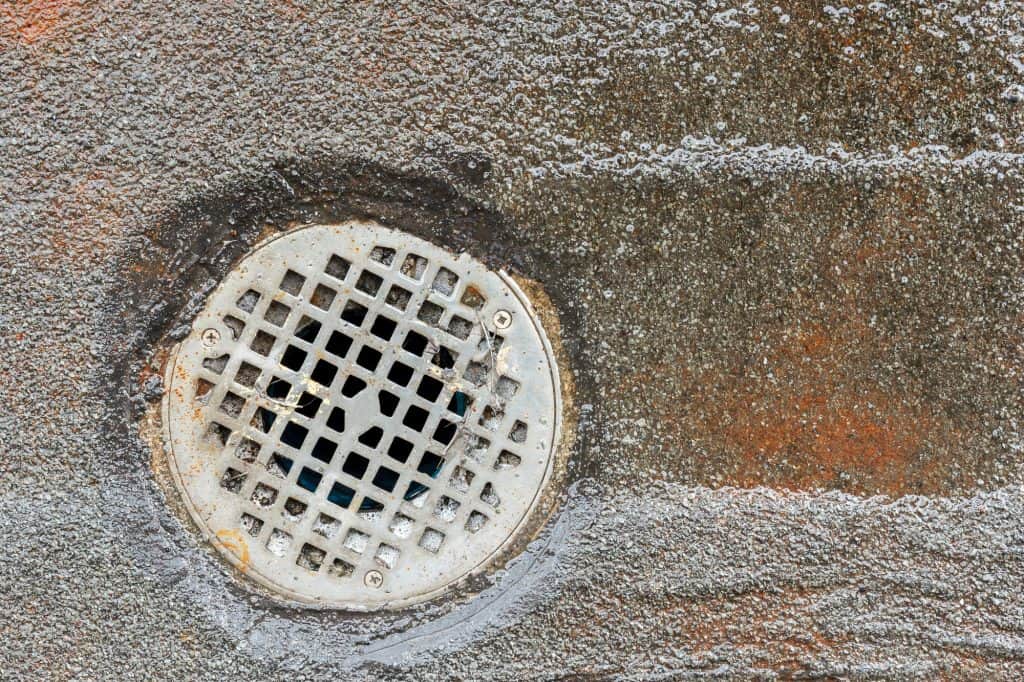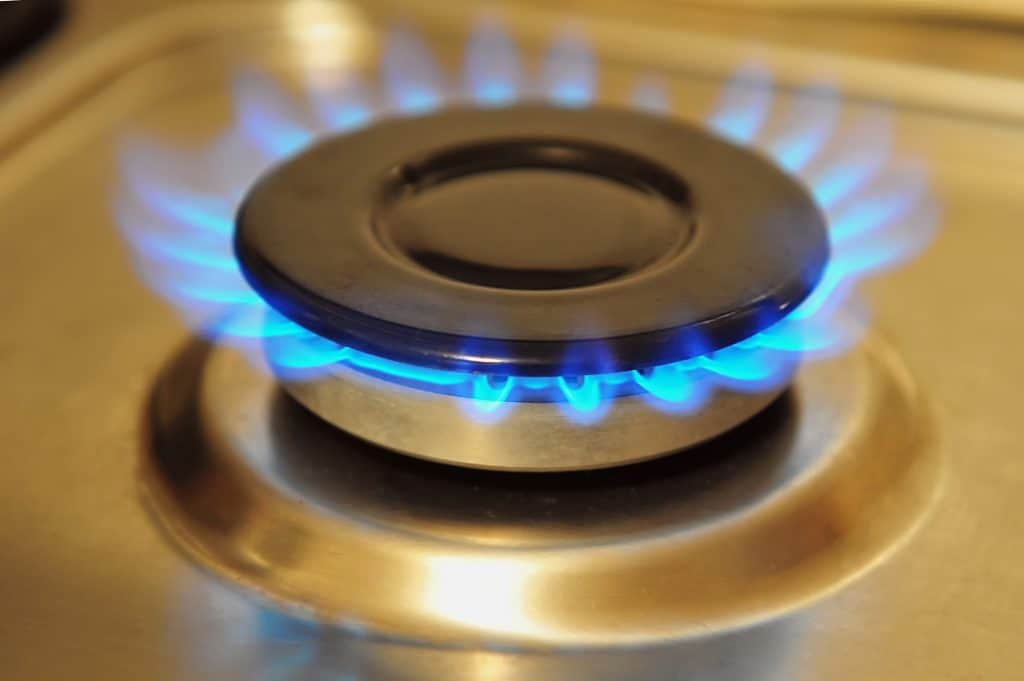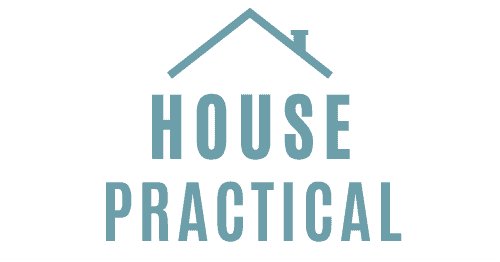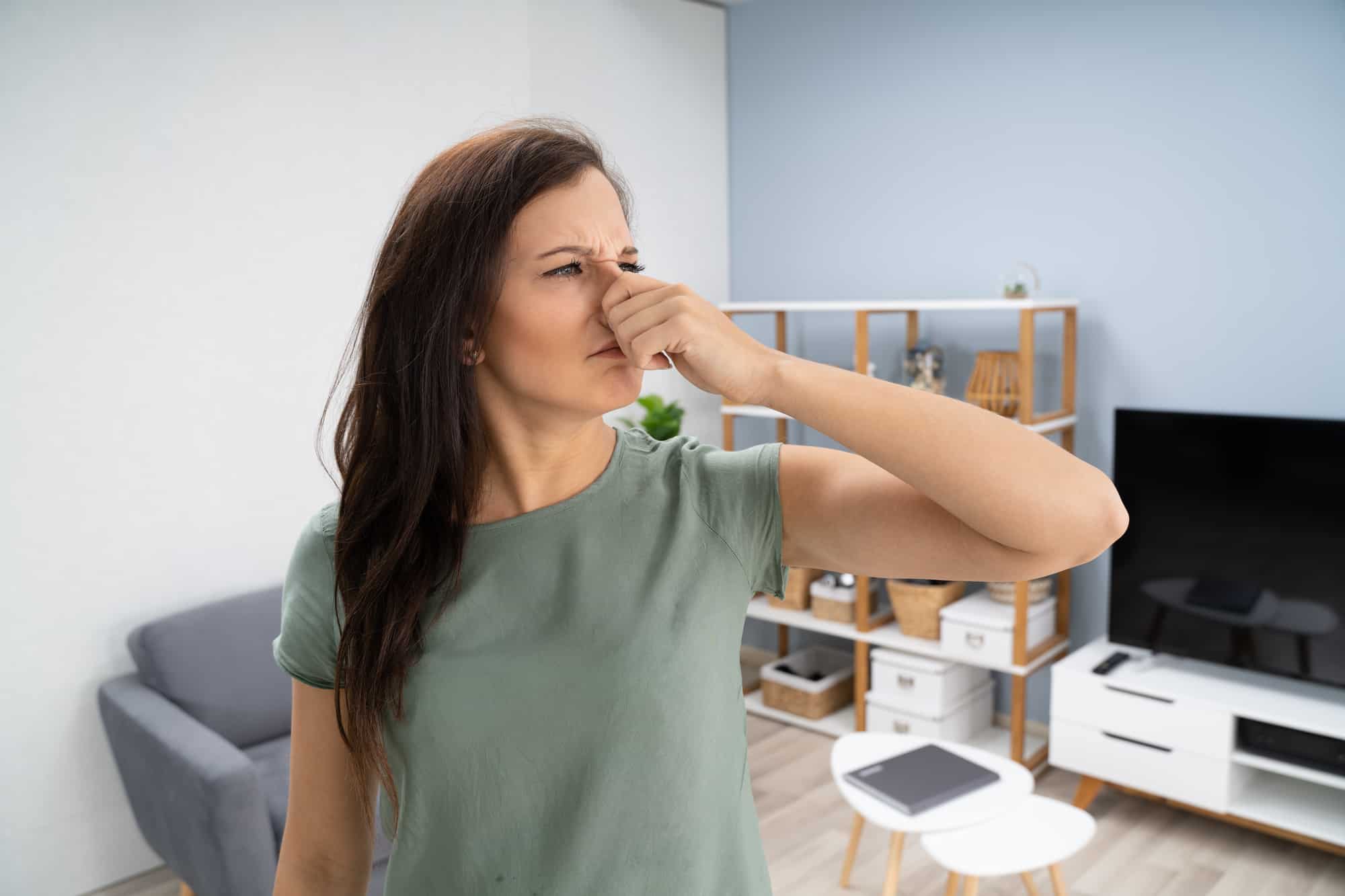When sewer-like odors permeate your home, it can quickly turn a cozy, relaxing winter haven into a place you’d rather escape. There are a few reasons why a house may smell of sewer gas in the colder months, and both are potentially dangerous.
Your house may smell like a sewer in the winter due to a sewer gas leak or natural gas leak from your home’s HVAC system. Sewer and natural gas leaks are dangerous and require immediate remedying.
This article discusses why your home might smell like a skunk or sewer during the colder months and what you can do to fix it. Read on to learn more.
What Would Make My House Smell Like a Skunk or Sewer Only in Winter?
If your home smells of a skunk or sewer only during the winter, this indicates a potential sewer gas leak or natural gas leak. Both gasses are highly flammable and may cause you, your loved ones, or pets to become ill.
Let’s dive deeper into each of these potential causes.

Sewer Gas
The number one reason why people experience a sewer-like odor in their homes during the winter months is because of a sewer gas leak.
Sewer gas leaks require immediate attention, as it’s not safe to stay in a home with sewer gas fumes floating around (source: Wisconsin Department of Health Services).
The gas can cause eye and respiratory irritation, as well as the following symptoms:
- Dizziness
- Nausea
- Vomiting
- Headache
- Drowsiness
Sewer gas is also highly flammable. If it comes into contact with even the tiniest spark, it could ignite a deadly explosion. Even static electricity (very common in the winter months due to dry air) could act as a spark and ignite the gas (source: ScienceDirect).
One fortunate thing about sewer gas is that you usually notice it right away. The sewer smell may be most pungent in the bathroom, kitchen, or near the washing machine, drains or plumbing.
If you suspect that your home has a sewer gas leak, leave the property immediately and remove all pets. Once you’re in a safe place, reach out to an experienced plumber to come and inspect the property. Even if it turns out that the sewer-like odor isn’t a sewer gas leak, it’s better to be safe than sorry.
What Causes Sewer Gas Leaks?
During the winter, the drop in temperature can create a change in pressure. As a result, old or improperly installed plumbing vent stacks may become susceptible to downdrafts, especially on windy days.
These downdrafts can cause sewage fumes to leak into the home. If the vent stacks in your home are located near windows or air intakes, they could be the culprit.
Additionally, vent stacks may become blocked by snow, ice, or even critters looking for a warm place to rest. This is relatively uncommon, though it does happen with old vent stacks.
To prevent your vent stacks from freezing over, improve the attic’s insulation or inspect your roof to ensure no cold air can enter.
If you notice that the foul odor begins to dissipate as outdoor temperatures rise, you’re most likely dealing with a vent stack blockage.
The most common way sewer gas enters the home is through untrapped drains. If you’re familiar with plumbing, examine the drain traps in your home, especially at the lower levels of your house. Ensure that the traps are full. If the water evaporates, sewer gas can rise back up into the home.
However, if you‘re not sure of your way around plumbing, reach out to a plumber to inspect the drain traps to ensure they’re full (source: City of Marion, Ohio).
Older homes may not have drain traps at all. If that’s the case, have them installed immediately.

Natural Gas
If you detect a foul odor in your home during the winter, another potential culprit is a natural gas leak. This is especially true if the bad smell becomes stronger as the heat runs.
While natural gas doesn’t have a color or odor, gas companies add chemicals to the gas to make leaks more noticeable (source: Department of Energy and Environmental Protection ).
The chemical used, mercaptan, is also responsible for the foul odors at sewage treatment facilities. Some people also describe it as a rotten egg smell, skunk spray, or trash (source: BioAir Solutions).
Natural gas leaks, like sewer gas leaks, are a dangerous concern. Evacuate the premises and contact your natural gas supplier if you suspect a gas leak. They can send a technician to inspect the HVAC system and monitor gas levels within the home.
If the gas supply company doesn’t have a technician immediately available, reach out to your local fire department. Fire departments have tools to check for gas leaks (source: FirefighterNow).
Conclusion
Cold air and snowy weather mean staying indoors more often but not when your home smells like sewage or skunk. Not only are the smells unpleasant, but they’re also potentially dangerous, especially if the culprit is a sewer or natural gas leak.

